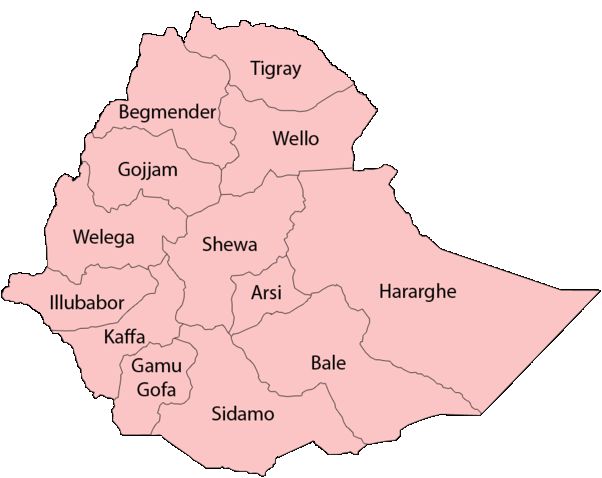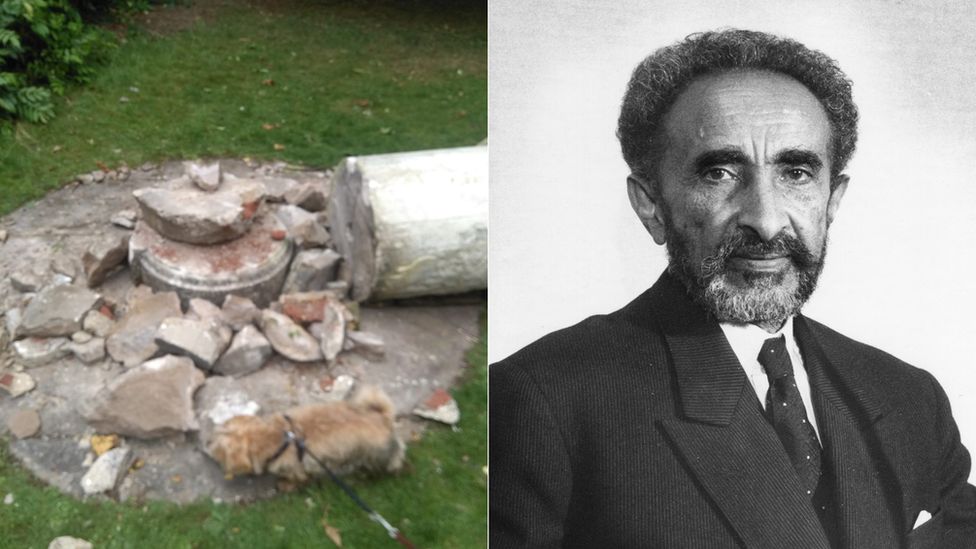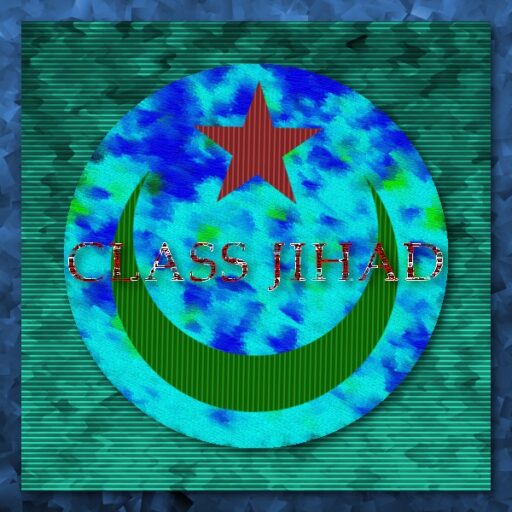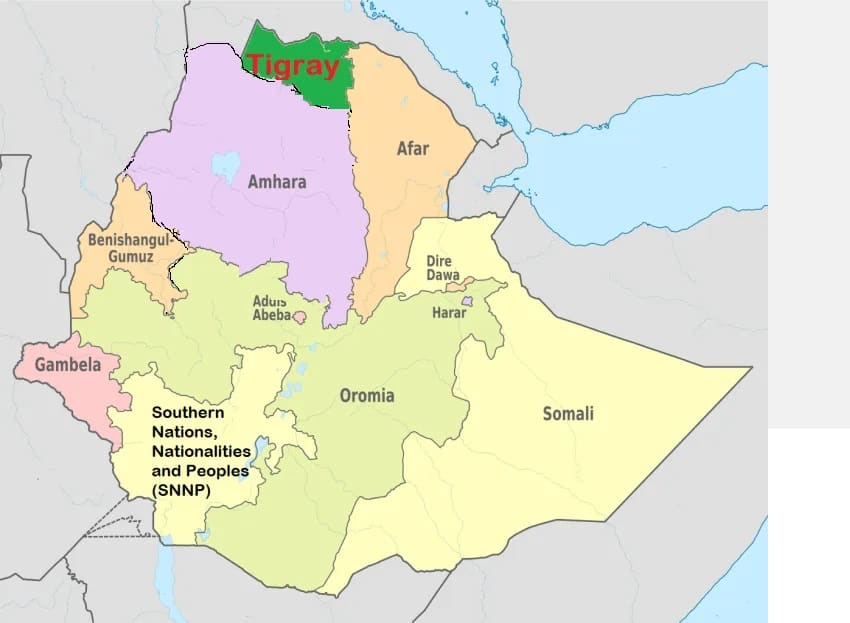Ethiopia is one of the oldest and most historical nations in the world. Ethiopia is the only nation in Africa that Europe could not colonize. However, Ethiopia was also an imperialist in its own right. As covered in a previous article about Eritrean anti-imperialism (and the Eritrea-Ethiopian War), the Amharic people, who make up the dominant class in Ethiopia, annexed their neighbors in a shadowy reflection of Italian East Africa. It can be argued that the most blatant case of this Amharic imperialism can be found in the struggles of the Oromo people.
The Oromo people are a Cushitic ethnic group that resides primarily in the present-day state of Ethiopia (with a small section in northern Kenya). They can be broken down into two cultural sub-communities known as the Borona and Barentu. The pastoral Borona primarily reside in northern Kenya and southern Oromia (Sidamo, Jimma, Kaffa, Welega, and Shewa), and the subsistence agricultural Barentu primarily reside in eastern Oromia (Amaha region, Jigiga zone, Bale zone, Arsi zone, and Mirab Harange). Both groups subscribe to the cultural notion of Gadaa, and it divides the community into age sets based on 8-year cycles. Their social stratification is informed by Gadaa, and local assembly leaders naturally serve 8-year terms.

Provinces of Ethiopia
In a country with over 80 different ethnic groups, the Oromo stand out as the largest ethnic group at 34.5%. Despite their numerical advantage of being over a third of Ethiopia’s c. 110 million, the Oromo people have faced discrimination and policies of forced assimilation. The Oromo recently made up at least 80% of the prison population, and it should, therefore, come as no surprise that all secessionist and federal political movements have originated from within the Oromo community. Starting in 2016, there was a massive wave of popular unrest targeting the government of PM Hailemariam Desalegn. Luckily, in 2018, they succeeded, and an Oromo PM, the sitting Abiy Ahmed, came into power on April 2nd. No community is a monolith, but it is yet to be seen if Ahmed can straddle the maelstrom of competing political interests that define ethnic/regional conflicts. It is worth noting that Abiy Ahmed won the Nobel Peace Prize in 2019 for his ending of the Eritrean-Ethiopian War (1998 – 2018) shortly upon taking office.
 Currently, Ethiopia is griped by ethnic violence between the populous social and economically disenfranchised Oromo and the dominant Amhara (the 2nd largest ethnic group). A beloved Oromo political activist and musician, Hachalu Hundessa, was found dead June 2, 2020. Hundessa’s songs were heavily adopted by the Oromo protest movement of 2016-2018. He was born in Ambo, and at 17 years of age, he was arrested for 5 years by the Ethiopian government. His death has resulted in the death of at least 81 people by the 2nd day, and even in southwest London (Wimbledon) there was a statue of Ethiopian emperor Haile Selassie toppled by a group of youths
Currently, Ethiopia is griped by ethnic violence between the populous social and economically disenfranchised Oromo and the dominant Amhara (the 2nd largest ethnic group). A beloved Oromo political activist and musician, Hachalu Hundessa, was found dead June 2, 2020. Hundessa’s songs were heavily adopted by the Oromo protest movement of 2016-2018. He was born in Ambo, and at 17 years of age, he was arrested for 5 years by the Ethiopian government. His death has resulted in the death of at least 81 people by the 2nd day, and even in southwest London (Wimbledon) there was a statue of Ethiopian emperor Haile Selassie toppled by a group of youths
Sources:
“Hachalu Hundessa: Ethiopia singer buried amid ethnic unrest.” BBC. 2 July 2020.
“Haile Selassie: Statue of former Ethiopian leader destroyed in London park.” BBC. 2 July 2020.\\
“Jason Burke. “Ethiopia braced for more violence over musician’s killing.” The Guardian. 2 July 2020.
“Oromos still oppressed in Ethiopia.” thisisafrica.me 23 March 2014.
“Ethiopia: People and Society.” CIA Factbook. Archived 23 February 2011. Accessed 2 June 2020.

